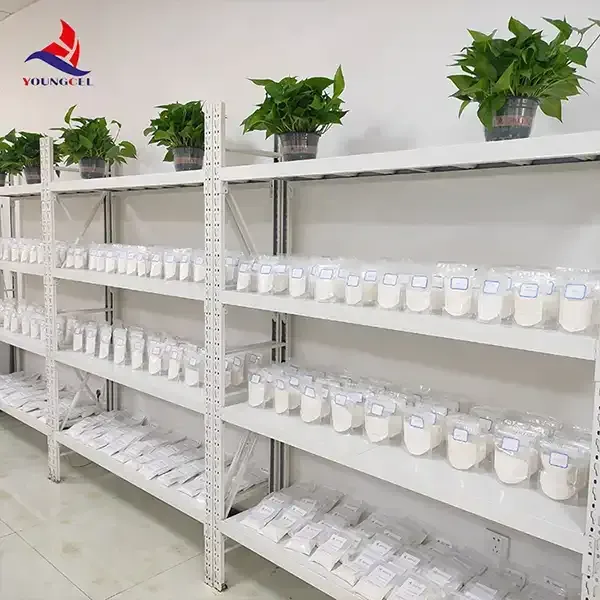The Versatile Applications of HEC Cellulose
Hydroxyethyl cellulose (HEC) is a water-soluble cellulose ether that has gained significant traction across various industries due to its unique properties and versatility. As a derivative of cellulose, HEC is synthesized by the reaction of cellulose with ethylene oxide, which introduces hydroxyethyl groups into the cellulose backbone. This modification imparts a range of functional characteristics that make HEC suitable for a multitude of applications.
The Versatile Applications of HEC Cellulose
In the pharmaceutical sector, HEC plays a crucial role as an excipient in drug formulations. Its ability to control the release of active ingredients makes it an essential component in controlled-release formulations, ensuring that medications are delivered in a timely and efficient manner. Additionally, its biocompatibility makes HEC an excellent choice for use in various medical applications, including wound dressings and drug delivery systems.
hec cellulose

The construction industry also benefits from the unique properties of HEC. In cementitious materials, HEC serves as a water-retaining agent, enhancing the workability of mortars and plasters. This characteristic helps to improve adhesion, reduce cracking, and enhance the overall durability of construction materials. As the demand for sustainable building practices increases, HEC's role in eco-friendly construction products becomes increasingly significant.
The versatility of HEC extends to the personal care industry as well. Its film-forming capabilities allow it to create a protective barrier on the skin or hair, making it a valuable ingredient in hair care products and styling gels. HEC's ability to form films also contributes to its use in sun protection products and other applications where a protective layer is desired.
Furthermore, HEC is recognized for its environmental benefits. As a plant-based polymer, it is biodegradable and non-toxic, making it an environmentally friendly alternative to synthetic materials. This characteristic aligns with the growing trend toward sustainability and eco-consciousness among consumers and manufacturers alike.
In summary, hydroxyethyl cellulose (HEC) stands out as a remarkable substance with an array of applications across diverse industries. Its thickening, binding, and film-forming properties make it invaluable in food, cosmetics, pharmaceuticals, construction, and personal care products. As research continues to unlock new potential uses for HEC, its significance in promoting sustainable practices and enhancing product performance cannot be overstated. The future looks promising for HEC, as industries increasingly recognize its multifunctionality and environmental advantages.
-
Understanding Methyl 2 Hydroxyethyl Cellulose: Uses, Benefits & Industry InsightsNewsNov.24,2025
-
Hydroxyethyl Methyl Cellulose HEMC: Industrial Uses, Benefits & Future TrendsNewsNov.23,2025
-
HEMC Cellulose: Versatile & Sustainable Industrial Polymer | YoungcelNewsNov.23,2025
-
Methyl Hydroxyethyl Cellulose: Versatile Building Block for Industry & SustainabilityNewsNov.23,2025
-
CAS 9032 42 2: Understanding Polyvinyl Alcohol's Impact on Industry & SustainabilityNewsNov.22,2025
-
Hydroxyethyl Methyl Cellulose: Versatile Solutions for Modern Industry and SustainabilityNewsNov.22,2025




